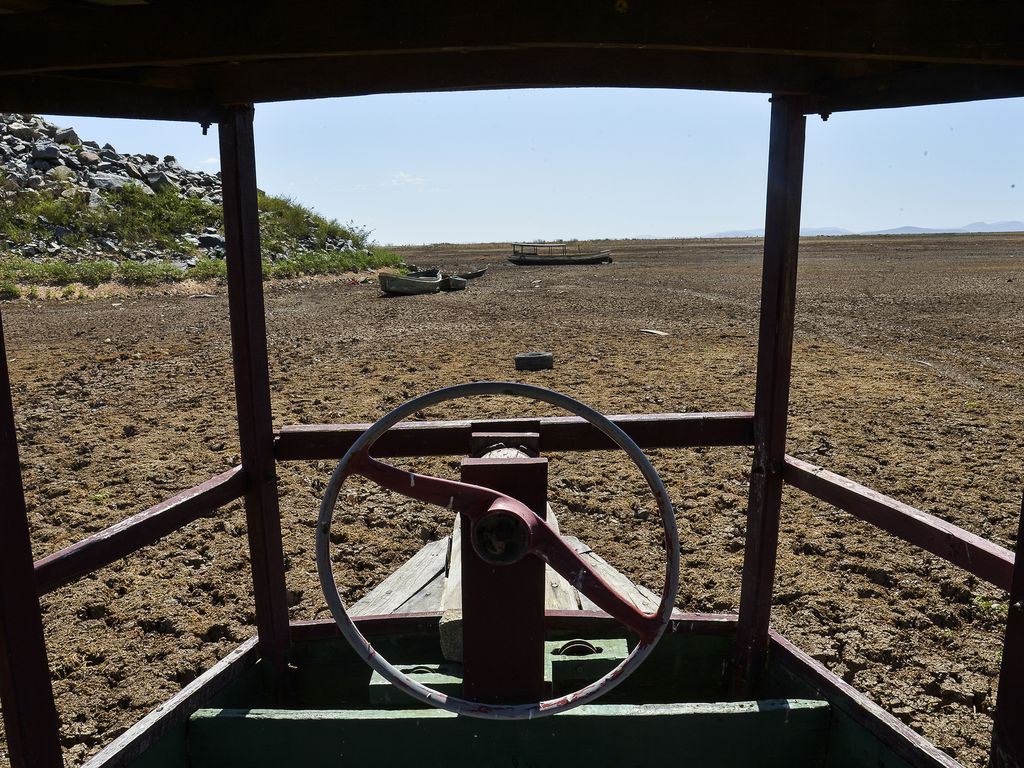Brazil is facing its worst drought in almost a century as the September-April wet season recorded its lowest rainfall for 91 years. And, with an energy mix that relies so heavily on hydroelectric power, any water crisis in Brazil becomes an electricity crisis. While there are widespread fears of blackouts or the need for energy rationing, experts also warn of the potential knock-on effect for inflation and the broader economy, alerting that water shortages may stunt Brazil’s post-pandemic recovery.
Back in April, low levels in the country’s reservoirs gave a warning of what was to come. By the start of this month, the National Water and Basic Sanitation Agency issued a water emergency alert for the entire Paraná River basin until at least November 30.
Covering over 10 percent of Brazil’s territory, the basin comprises parts of the states of Goiás, Minas Gerais, São Paulo, Mato Grosso do Sul, Santa Catarina, and Paraná — and it is home to the country’s largest electrical capacity, with the massive Itaipu, Furnas, and Porto Primavera hydroelectric plants.
According to the National Electric System Operator (ONS), the average level of the reservoirs of these power stations fell to 32 percent at the...


 Search
Search






































